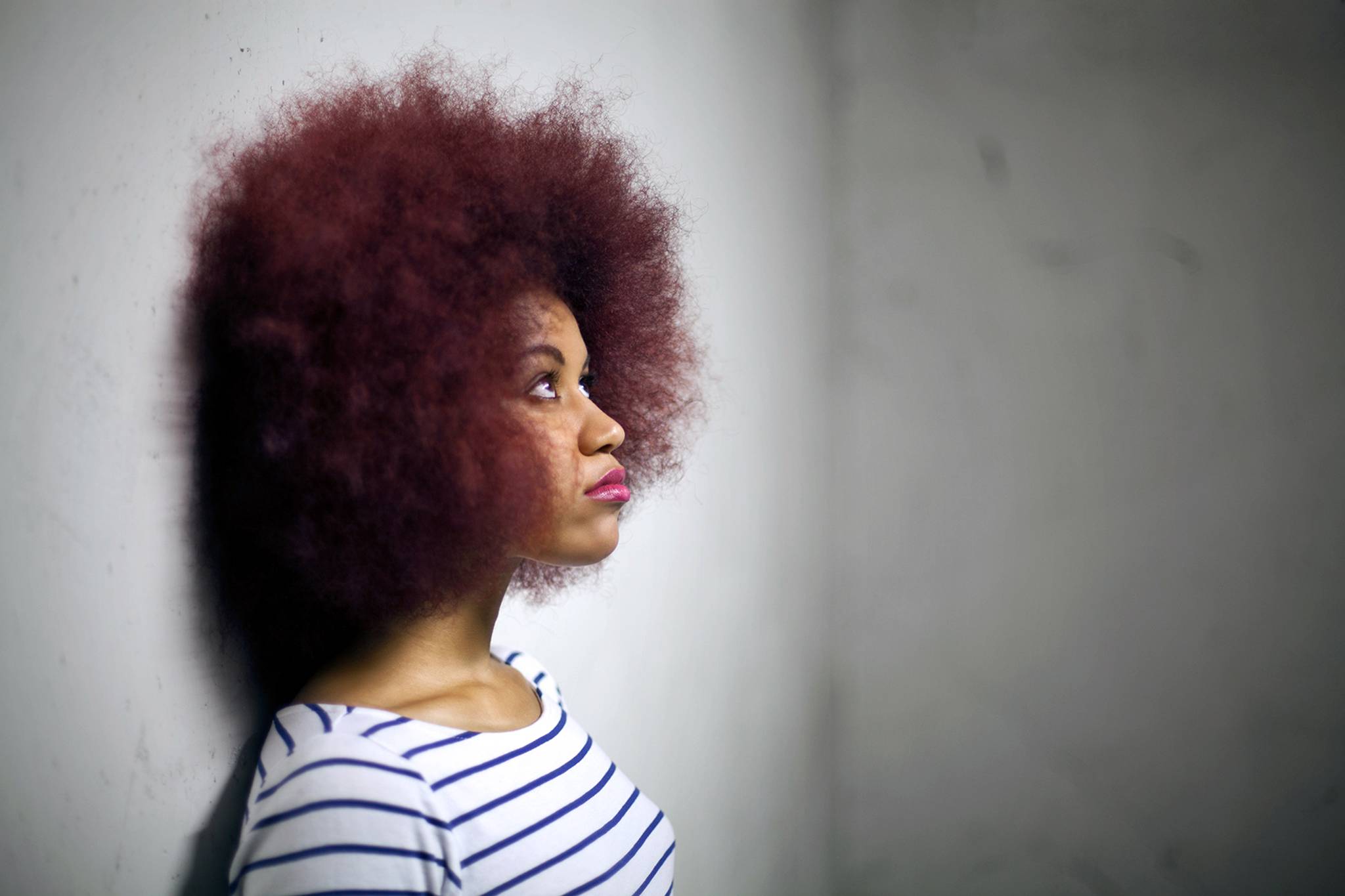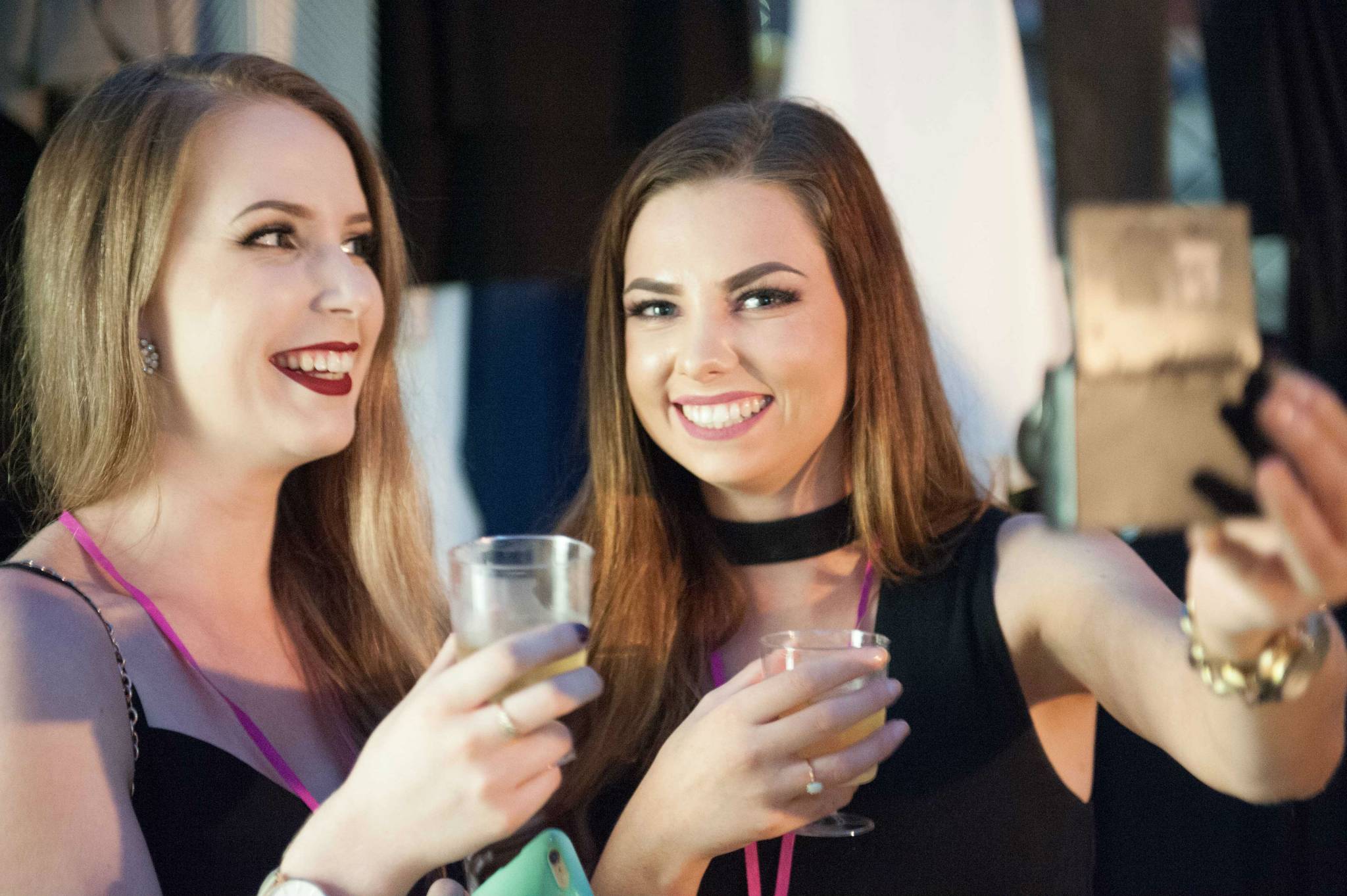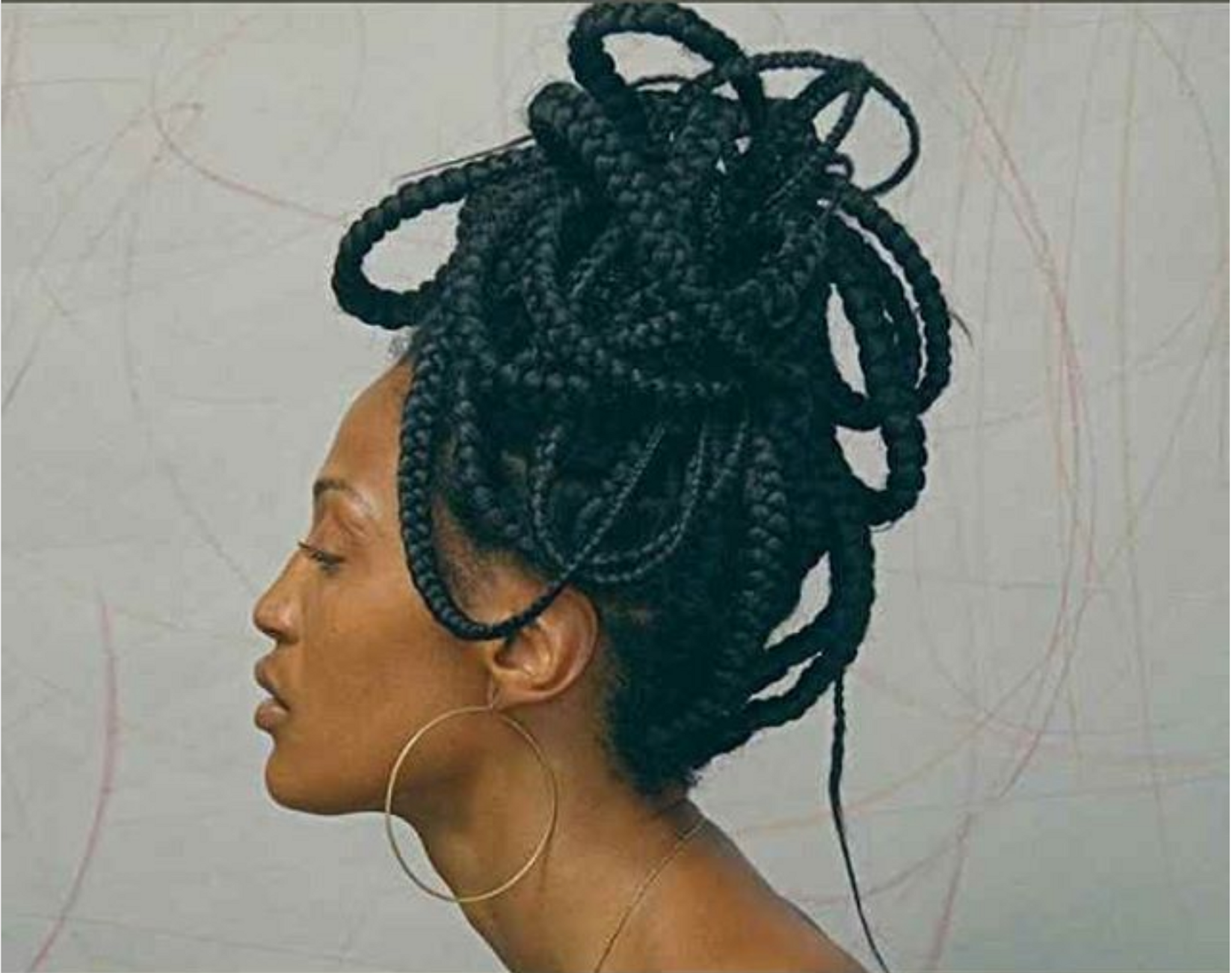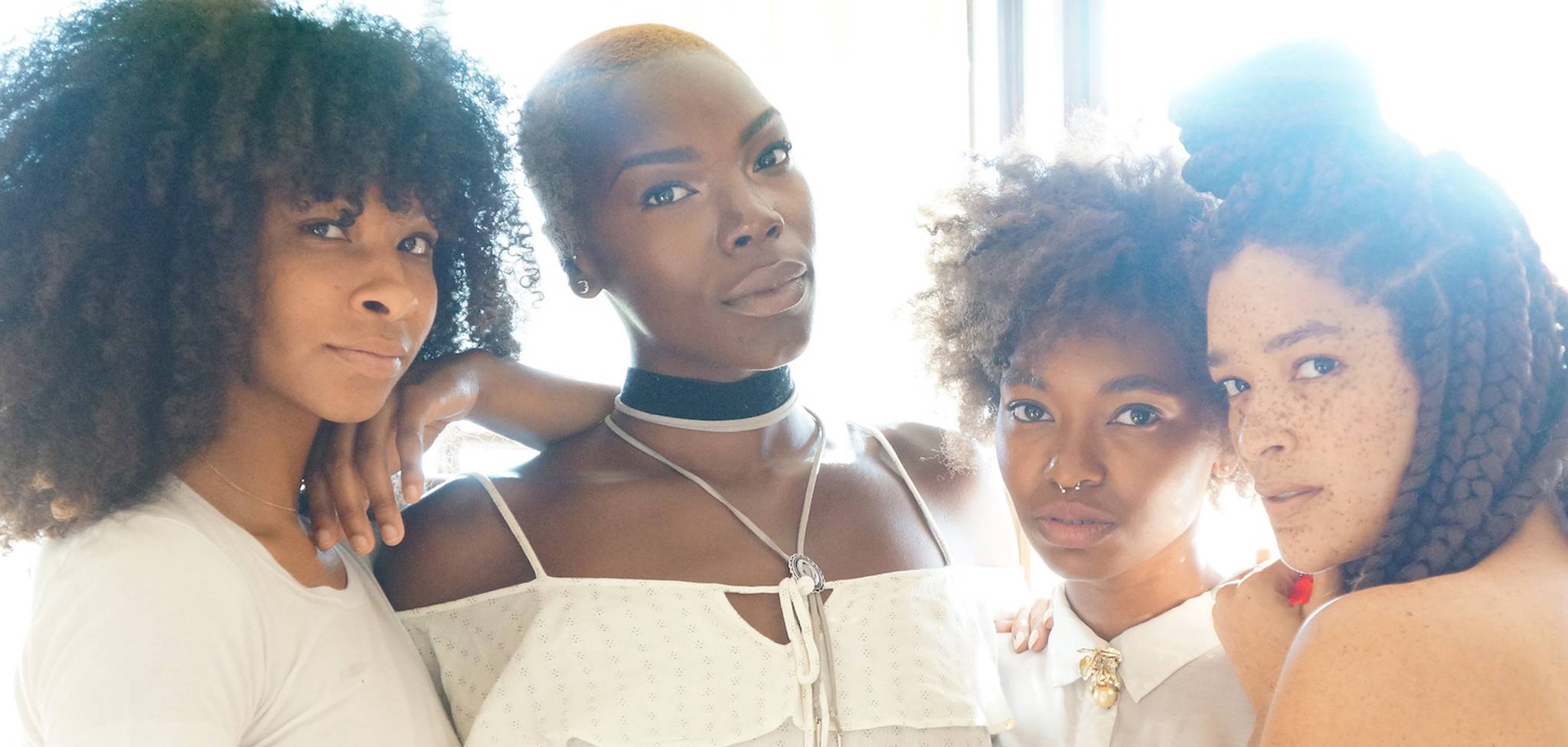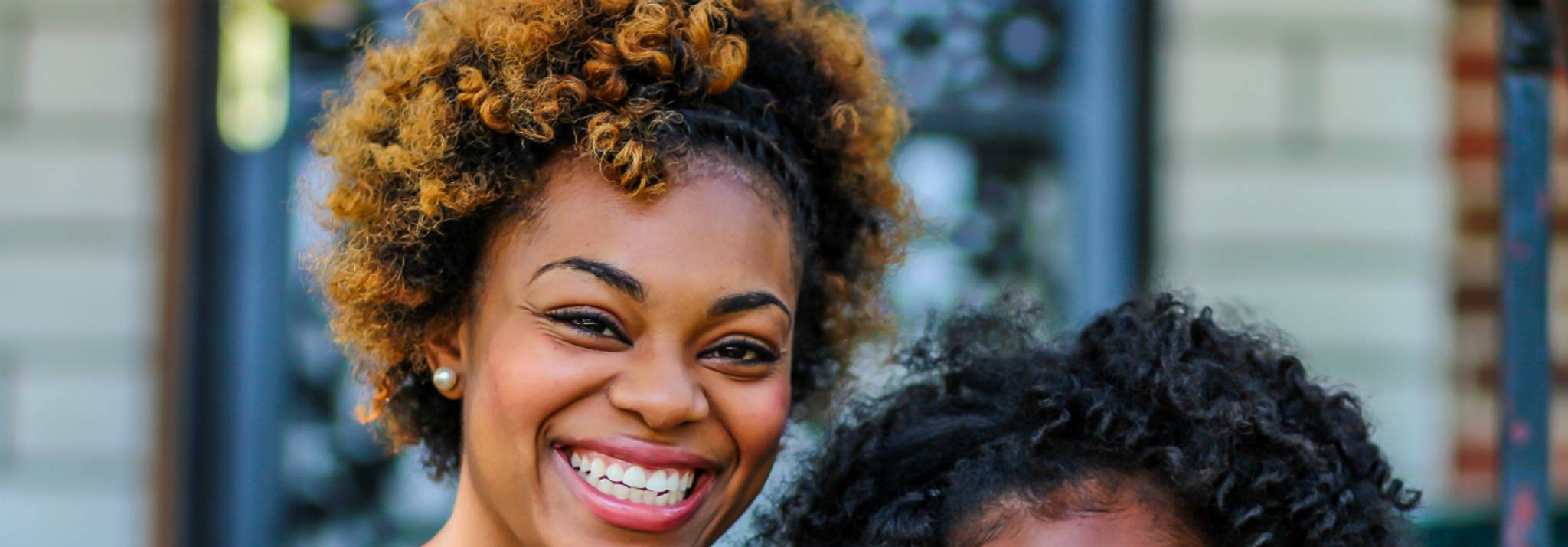
For black women, finding a nearby stylist that charges a reasonable rate can seem like a near-impossible task, and the ways in which they’ve coped have barely changed – stylists’ details are passed around by word of mouth, recommendations are suggested in online forums, or just trying your luck with a new stylist. But with the black haircare industry so lucrative, why hasn’t it adapted like other industries to the on-demand service people are used to? We explore the insight behind Bantu, an app that offers a solution for black women seeking professionals to style their kinky, coily tresses.
John Eke, Meron Berhe, and Richard Kyereboah launched Bantu app – aptly named after the popular black hairstyle ‘bantu knots’ – in 2016 with the goal of seamlessly connecting women with kinky, coily, and curly hair to the “hard-to-find network of stylists,” based on location, style and price range. “[The] initial vision for the app was to effectively build a hub for stylists and black women to interact,” he says. “My current vision for Bantu is for it to become the first thing on black women’s minds whenever they think of beauty.” Now that time is at a premium for the modern woman, Bantu offers an on-demand service that empowers women with the information they need to make the best decision for themselves.
Black consumers splash out when it comes to beauty; in the US, African Americans make up 13% of the population, but their spending accounts for around 22% of the $42 billion personal care products market. The black hair care segment alone was worth $774 million in 2014 – projected to reach $876 million by 2019 – and mainstream brands like Pantene, Dove and Suave are now recognising the power these beauty junkies hold, launching their own products made specifically for women with textured hair. Beyond hair products themselves, there are a number of booking apps that are looking to revolutionise the beauty industry. StyleSeat is an OpenTable-like booking platform for salon appointments, while the Genbook platform services not only stylists, but other pay-per-booking businesses like trainers, spas and dentists.
The discussion around black hair may be prominent and growing, yet little innovation has taken place in an industry where its consumers are ready and willing to part with their cash for the perfect product. With African American women splashing out an estimated $7.5 billion annually on beauty products – 80% more than their non-black counterparts, there’s a demographic of people that aren’t being served – 20% of black consumers say it’s tough to obtain the right hair care products for their desired style. With the beauty needs of black women on the agenda, it’s down to brands to step up and provide the products and services that they’ve been waiting for.
Kayla Evans is a research intern at Canvas8, which specialises in behavioural insights and consumer research, and a student at Harvard College in Cambridge, Massachusetts. She studies Linguistics and Neurobiology, and is particularly interested in organisational behaviour and decision-making. In her free time, she enjoys going to concerts in Boston, running, and singing with her choir, Kuumba.
